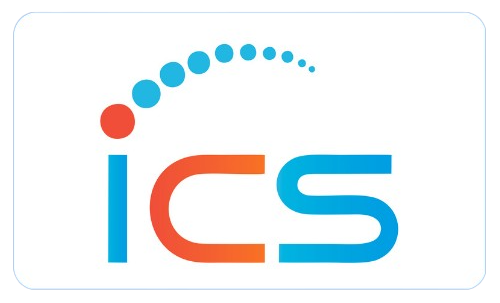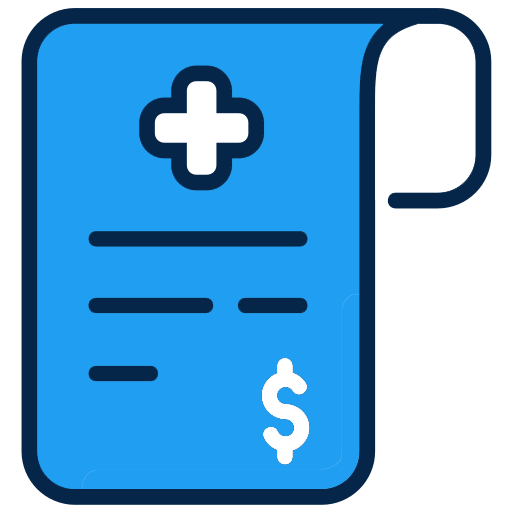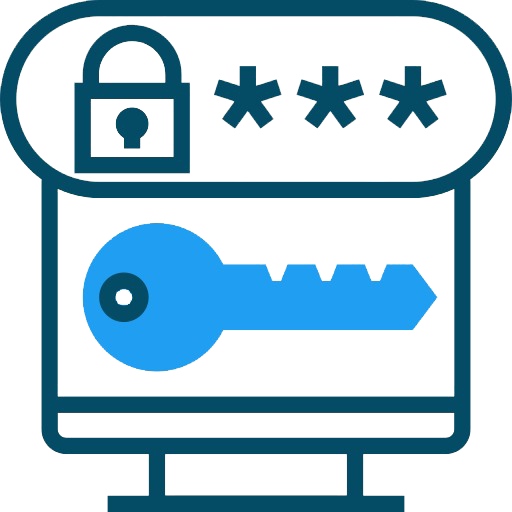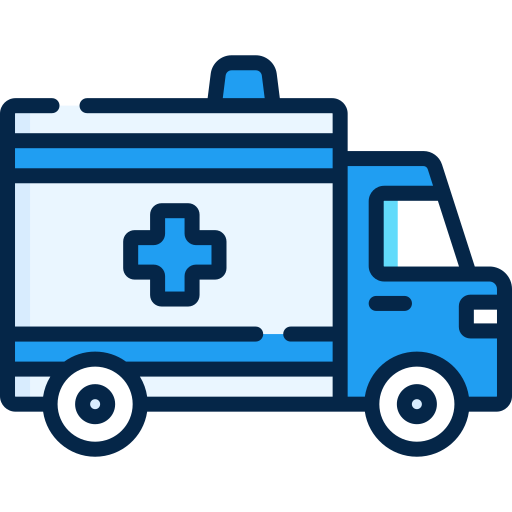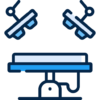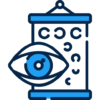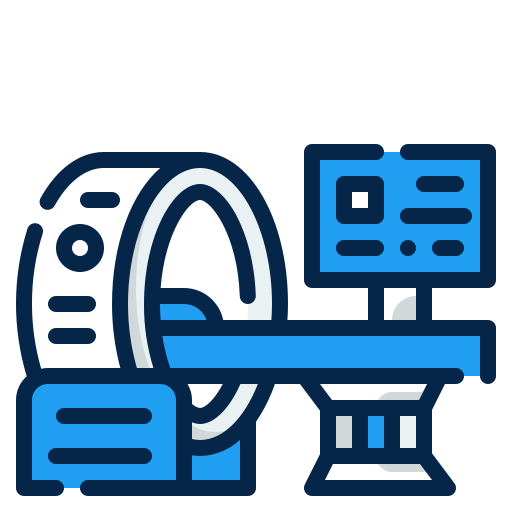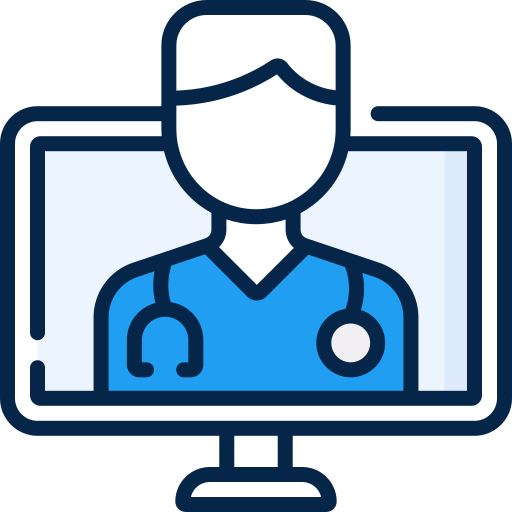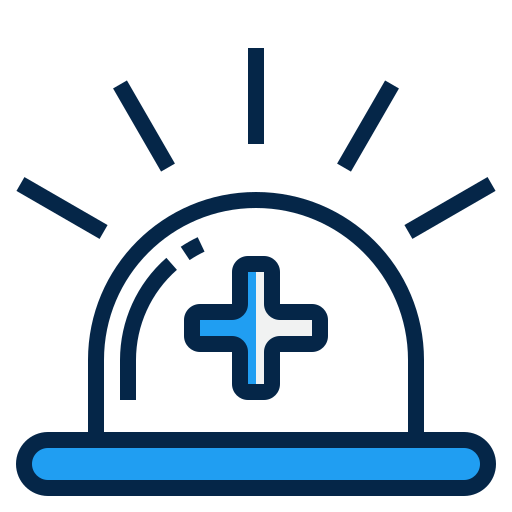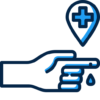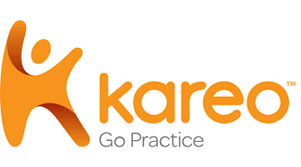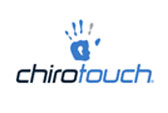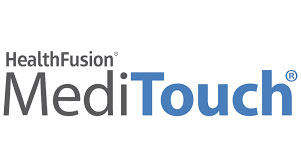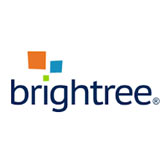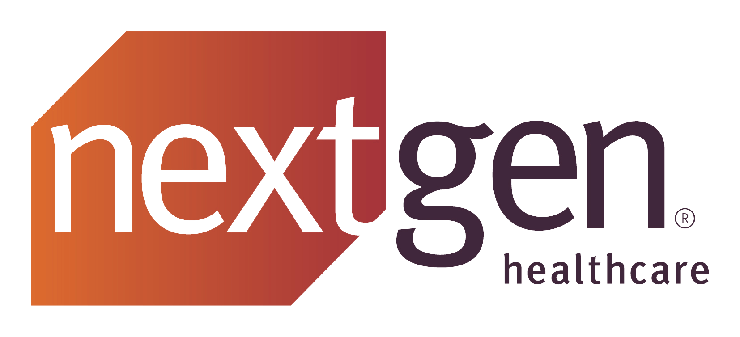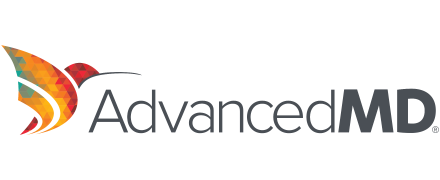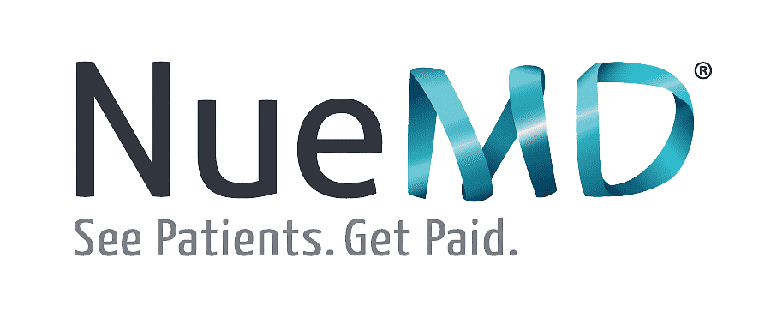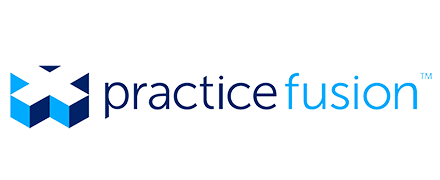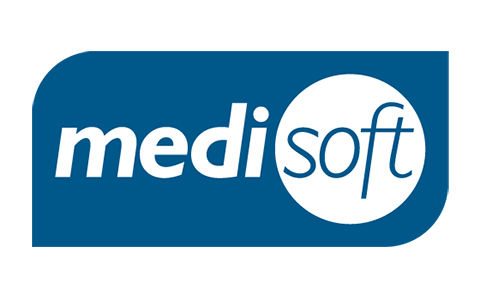In the modern world, cyber attacks frequently target the healthcare sector with the intention of stealing patient data and exploiting sensitive information. Healthcare data breaches actually cost US businesses more than $6 billion a year. Healthcare businesses are required to comply with HIPAA and HITECH compliance rules in order to protect themselves from this constant assault of threats.
HIPAA Compliance:
The Health Insurance Portability and Accountability Act of 1996 is a federal law that mandates the development of national guidelines to prevent the release of confidential patient health information without the patient’s knowledge or consent. In essence, HIPAA ensures that personal health information (PHI) isn’t improperly exchanged or maintained, protecting patient data and upholding their right to privacy.
The third-party vendors providing services to its entities must also be HIPAA-compliant; failing to do so may lead to serious consequences, like heavy fines and action against their licence.
Role of HIPAA
The following are the key objectives that HIPAA
- Health information privacy
- Electronic record security
- Administrative streamlining
- Portability of insurance
Importance of HIPAA:
Patients’ privacy should be respected by providers. Medical personnel must understand that patients entrust them with sensitive information. They would prefer that their provider and themselves keep certain information private. Patients usually feel more at ease being honest and upfront with their provider when HIPAA is in place because they are aware that their information will remain private.
It is legally required to comply with HIPAA. Businesses and healthcare professionals that are not HIPAA-compliant risk severe repercussions. A provider who believes a patient may hurt themselves, themselves, or others is protected by HIPAA. This safeguard is essential since it makes sure the provider won’t face consequences for defending the patient and potential victims.
Benefits of being HIPAA compliant:
For the healthcare sector, HIPAA brought about a number of significant advantages that will aid in the switch from physical documents to electronic versions of health information. HIPAA has aided in streamlining administrative healthcare tasks, increasing productivity in the sector, and ensuring that confidential health information is transferred in a secure manner.
The standards for electronic transactions and the recording of health data make sure that everyone is on the same page. This significantly facilitates the exchange of electronic health information between hospitals, health plans, and other entities because all HIPAA-covered entities are required to utilise standardized code sets and nationally recognised identities.
HITECH Compliance:
The extended form of HITECH is Health Information Technology for Economical and Clinical Health. The Act encourages the meaningful use of electronic health records (EHRs) by healthcare providers and their business associates.
It ensures that the employees are well-trained healthcare providers with HITECH knowledge to manage the electronic health record system and patient privacy. Stringent reporting needs are mapped with HITECH as loopholes were addressed in HIPAA legislation, which was subjugated as the entities were unaware that the business associate was a non-complaint.
Importance of HITECH
Being HITECH compliant ensures your holistic practice can access the right patient records, communicate sensitive patient information with the right people when it’s necessary to improve collaborative treatment, and take precautions against cybersecurity threats to that sensitive patient information.
The use of an electronic health records system and other pertinent healthcare technologies encourage “data interoperability,” which is simply the efficient and secure sharing, storing, and management of communication. Data interchange has several advantages, including: Communication that is two-way between healthcare professionals, holistic therapies, state public health organizations, etc. Standard methods for data sharing allow for easy interpretation and comprehension of the transferred information.
In order to comply with HIPAA and HITECH, your medical practice must take reasonable steps to safeguard patient information. This includes managing, storing, and appropriately sharing patient records and other confidential data. Collaborative care may take place securely and quickly by ensuring that only authorized users have access to one’s health information.
Info Hub Consultancy (ICS) Services is a leading medical billing companies in India that can assist with your medical billing and coding services. Our expert team is adept at various rules and regulations for every specialty and keeps themselves updated with the latest in the healthcare industry. Compliance is part of our offerings, and we ensure complete adherence to it. Partner with us to witness a growth in your practice’s profits.
